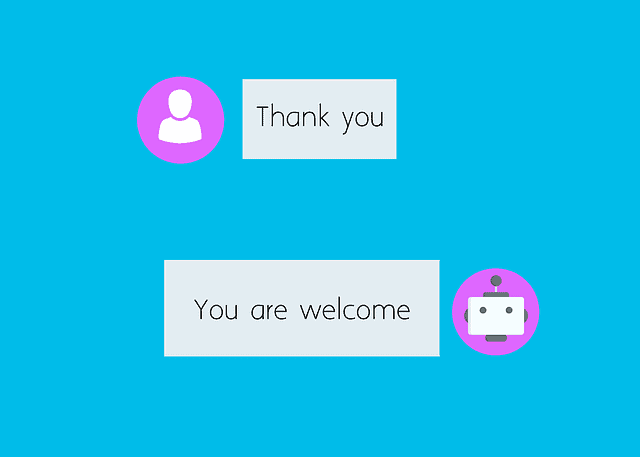In today’s digital landscape, delivering personalized experiences is key to building strong customer relationships and driving business growth. With the advancements in conversational AI, models like ChatGPT have the power to transform interactions by offering tailored user experiences. In this blog post, we will explore the concept of personalizing conversations with ChatGPT and discuss how businesses can leverage this technology to create meaningful and engaging interactions with their customers.
Understanding Personalization with ChatGPT
Personalizing conversations with ChatGPT involves tailoring the AI model’s responses and interactions to meet the specific needs and preferences of individual users. Rather than providing generic or one-size-fits-all responses, ChatGPT can be trained and customized to understand user intents, adapt to their language style, and deliver personalized recommendations or information.
Benefits of Personalized Conversations
Enhanced User Engagement: Personalized conversations create a more engaging and interactive experience for users. By understanding user preferences, ChatGPT can generate responses that resonate with the individual, capturing their attention and fostering a sense of connection.
Improved Customer Satisfaction: When conversations are personalized, users feel seen and understood. This leads to higher levels of customer satisfaction as their needs are met more effectively, and they receive relevant and valuable information or assistance.
Increased Conversion Rates: Personalized conversations have the potential to drive higher conversion rates. By tailoring recommendations, suggestions, or offers based on user preferences, ChatGPT can guide users towards the most relevant products or services, increasing the likelihood of conversion.
Strategies for Personalizing Conversations with ChatGPT
Capturing User Preferences: Incorporate mechanisms to capture and understand user preferences during conversations. This can be done through explicit user inputs (e.g., user profiles, preferences) or implicit signals (e.g., past interactions, browsing behavior). Use this information to personalize the responses and recommendations generated by ChatGPT.
Contextual Understanding: Train ChatGPT to maintain context and continuity in conversations. By remembering previous user inputs and incorporating them into subsequent responses, ChatGPT can provide a more personalized experience, reflecting the user’s journey and history.
Adaptive Language Style: Customize ChatGPT’s language style to match the preferences of individual users. This involves training the model to understand and adopt specific tones, vocabularies, or levels of formality, ensuring the conversation feels natural and aligned with the user’s communication style.
Intelligent Recommendations: Leverage user data and preferences to generate intelligent recommendations. ChatGPT can analyze user inputs, preferences, and browsing history to offer personalized product recommendations, content suggestions, or tailored solutions to their queries.
Iterative Learning: Continuously refine and improve ChatGPT’s personalization capabilities through iterative learning. Collect user feedback, analyze conversational data, and iterate on the training process to enhance the model’s understanding of individual users and their unique requirements.
Privacy and Ethical Considerations
When personalizing conversations with ChatGPT, it is essential to prioritize user privacy and adhere to ethical guidelines. Implement robust data protection measures, obtain explicit user consent for data usage, and ensure compliance with relevant data privacy regulations. Transparency and clear communication regarding data collection and usage can help build trust and maintain user confidence.
Personalizing conversations with ChatGPT offers businesses a powerful tool to create tailored user experiences. By leveraging the capabilities of ChatGPT to understand user preferences, maintain context, and generate personalized responses, businesses can enhance user engagement, improve customer satisfaction, and drive conversion rates. As you embark on personalizing conversations, remember to strike a balance between customization and user privacy, ensuring that the personalization efforts are conducted ethically and with the user’s best interests in mind. Embrace the potential of ChatGPT to revolutionize your customer interactions and deliver exceptional personalized experiences in the age of conversational AI.
Book Scott Today
Book Scott to keynote at your next event!
Managing Partner at Astor Perkins, TEDx, Top Global Innovation Keynote Speaker, Forbes, Singularity University, SXSW, IBM Futurist, Tribeca Disruptor Foundation Fellow, National Sloan Fellow, Wiley Author, TechCrunch, Winner of Innovation Awards.


















